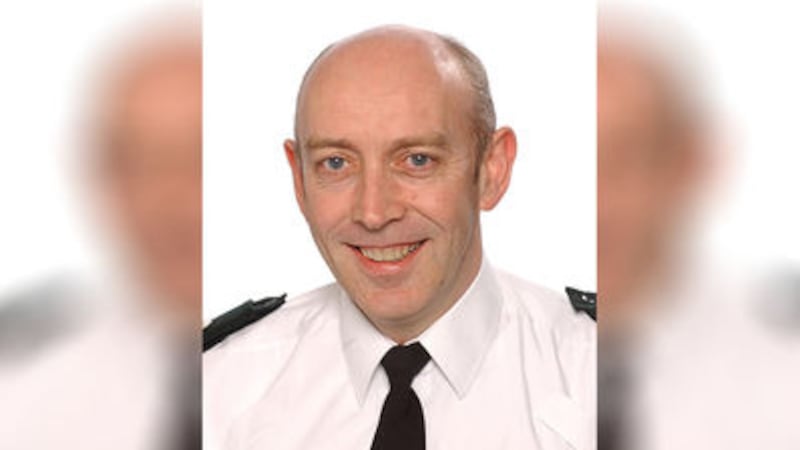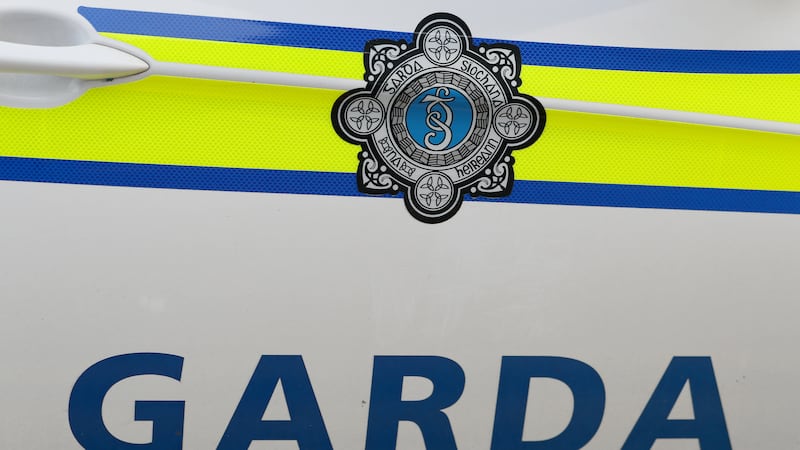BREXIT could spark renewed violence in Northern Ireland, a former assistant chief constable for the north has warned.
Peter Sheridan, who left his top policing role to head a peace-building charity, said any new barriers along the border with the Irish Republic could deliver a major set-back for the still fragile peace process.
"I don't want to overstate it, but there is a danger that ultimately this could lead to some civil unrest, particularly in relation to the border," he said.
Before a parliamentary hearing in Dublin, Mr Sheridan said border controls in particular could see gunfire erupting again on the streets.
"It is easy to dismiss it and say that will never happen again but it is still a fragile peace process," he told a committee which oversees the implementation of the Good Friday Agreement.
"There are already protests along the border.
"The history of this place is that protests can become much more dangerous as this goes on."
The 310-mile border between both jurisdictions on the island of Ireland is set to become a frontier between the UK and the EU.
Prime Minister Theresa May has said there should not be a hard border after Brexit, but Dublin's Foreign Affairs Minister Charlie Flanagan has voiced scepticism over the reassurances.
Mr Sheridan has headed Cooperation Ireland since his shock departure in 2008 from the top brass of the Police Service of Northern Ireland, where he was the force's most senior Catholic and led the fight against serious and organised crime.
Cooperation Ireland has worked to cement cross-border relations for decades.
Mr Sheridan said any moves by the UK Government as it pulls out of the EU that threatens or compromises identities in Northern Ireland needs to be weighed very carefully.
"We have to be aware that it was not that long ago we were in conflict over these issues (of identity)," he said.
"I think the first shots that were fired were fired at border checkpoints.
"We have to be careful that we don't put anything in place that creates that question of identity for people again."
Leaving the EU itself could raise issues of identity that have not yet been predicted, he said.
The former police chief said nationalists in particular had become "settled" in Northern Ireland within the context of Europe, after the Good Friday peace accord.
"That is not the same as within the context of the UK," he added.
Sectarianism remains "alive and well" in the region and much work still needs to be done - and funding is still needed - to bed down the peace process, he told politicians.
"We don't see peace as the absence of violence, we see peace as a place where people can learn to live together as citizens," he said.
"Post-conflict that takes considerable time."
Mr Sheridan added: "It is not about people taking out guns again. There may be some people who walk that direction, if we give them the opportunity and make it too obvious for them, in terms of what we do around the border.
"But the rest of it is much more important, all of those outstanding issues."








